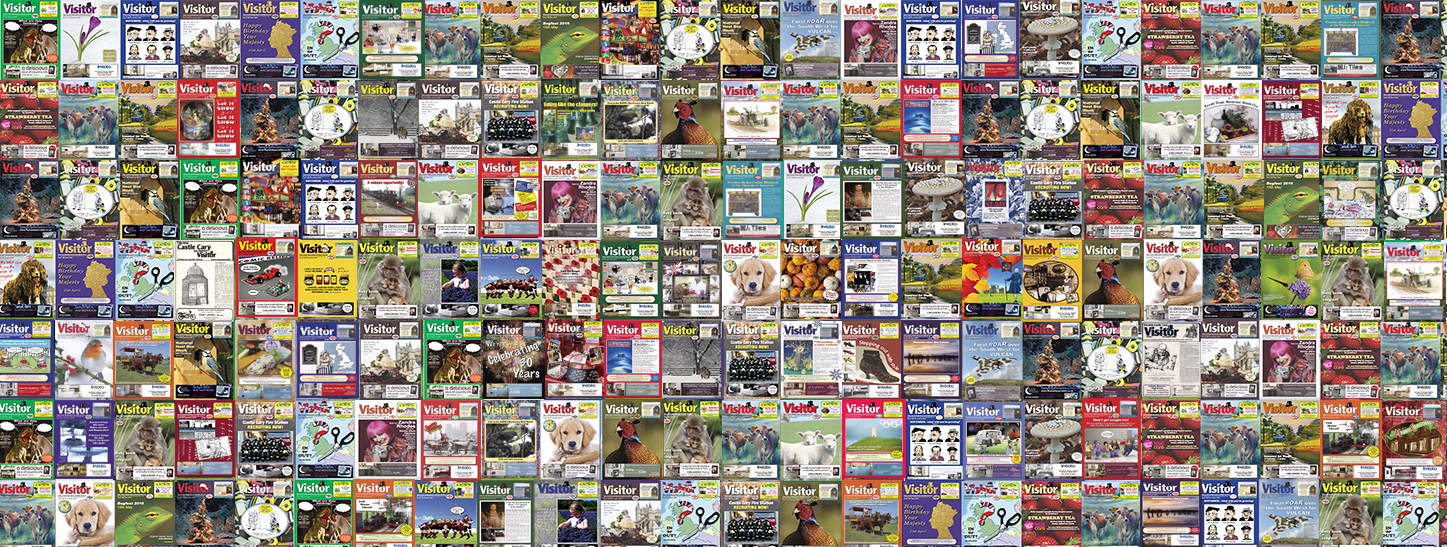 When you’re born in to a dynasty of master car thieves it’s perhaps not surprising that a life of petty crime starts early among Longleat’s infamous troop of rhesus macaque monkeys.
When you’re born in to a dynasty of master car thieves it’s perhaps not surprising that a life of petty crime starts early among Longleat’s infamous troop of rhesus macaque monkeys.
This trio of juvenile delinquents were spotted playing tug-of-war with a section of car trim which they had recently ‘liberated’ from a passing vehicle at the Wiltshire safari park.
Renowned for their keen interest in all things automotive, the cheeky monkeys’ drive-through enclosure is one of the most popular attractions at Longleat – despite their tendencies to tinker with visitors’ cars.
 Keeper Ian Turner said: “The macaques have always been extremely inquisitive and have been fascinated with visitors’ vehicles for decades.
Keeper Ian Turner said: “The macaques have always been extremely inquisitive and have been fascinated with visitors’ vehicles for decades.
“As well as catching free lifts on passing cars, they do also occasionally like to keep a ‘souvenir’ of their ride in the shape of loose fitting car parts such as aerials, wiper blades and car trim.
“Car-hopping is equally popular among males and females and even having a toddler in tow doesn’t seem to deter the mums from indulging in some petty car thefts.

“The babies spend the first few weeks of their lives pretty much permanently attached to their mothers, and it would appear they are very fast learners,” he added.
Found throughout south east Asia and across the Indian subcontinent rhesus macaque monkeys thrive in a wide variety of habitats and climates.
In some parts of India they are believed to be sacred with the result that they have lived in close contact with humans for countless centuries – particularly in and around Buddhist and Hindu temples.
Rhesus monkeys are extremely intelligent, naturally inquisitive animals which can learn to manipulate simple tools and distinguish colours and shapes.
 In studies at the Columbia University in America scientists have discovered that they even have the ability to count.
In studies at the Columbia University in America scientists have discovered that they even have the ability to count.
Highly sociable they live in family troops of 20 or more led by a dominant male. Food is gathered as a group – one monkey acting as “look-out” for danger, while the others fill their cheek pouches with as much food as they can.

